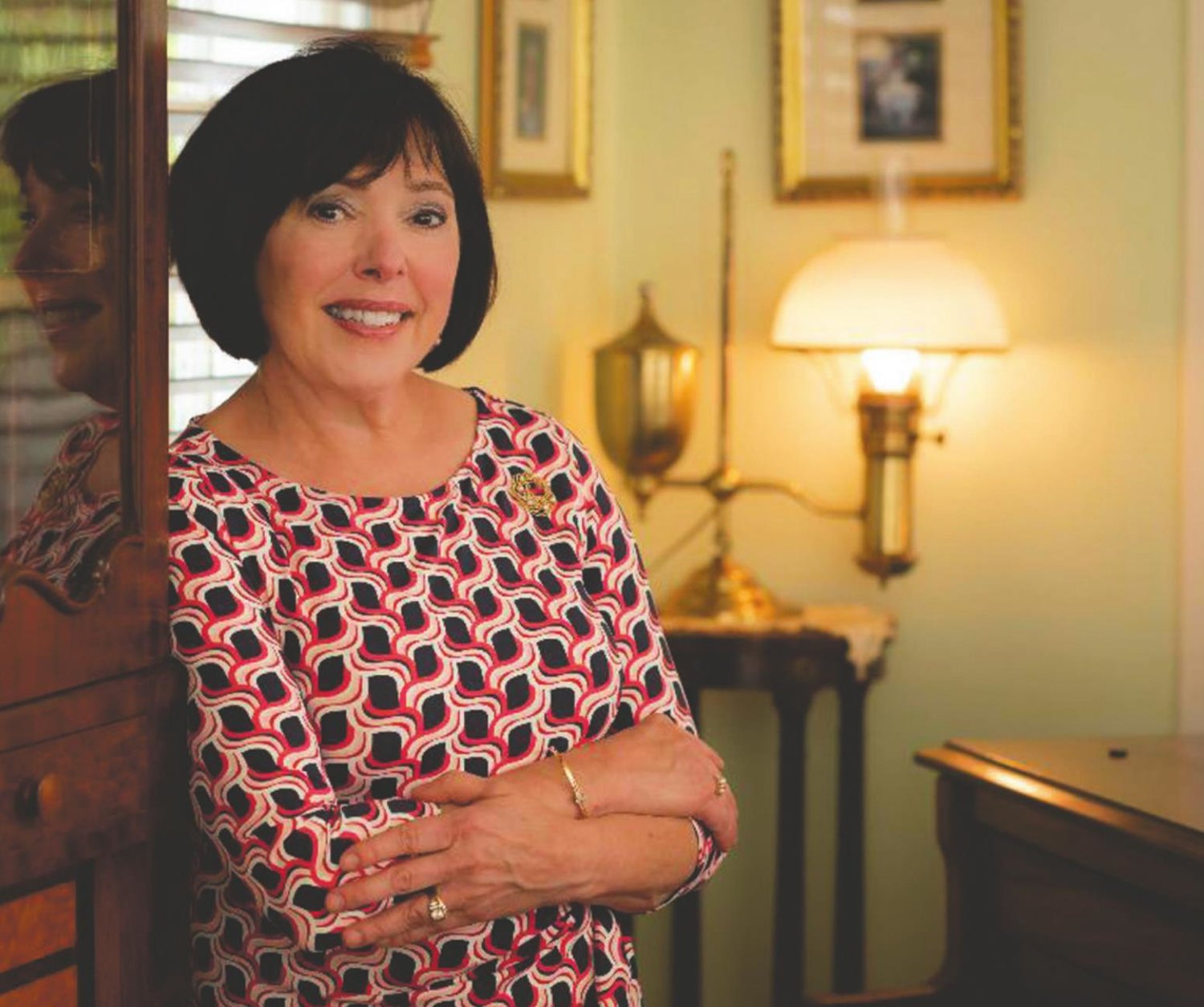What it was like growing up in the South of the 1960s and 70s
Who recalls eating Moon Pies in the sun with chocolate dripping on your fingers at the swimming pool while the Eagle landed on the moon’s Tranquility Base?
Or junior high parties where black …
This item is available in full to subscribers.
Subscribe to continue reading. Already a subscriber? Sign in
Get 50% of all subscriptions for a limited time. Subscribe today.
Please log in to continueNeed an account?
|
What it was like growing up in the South of the 1960s and 70s
Who recalls eating Moon Pies in the sun with chocolate dripping on your fingers at the swimming pool while the Eagle landed on the moon’s Tranquility Base?
Or junior high parties where black lights made your teeth glow green while Agent Orange laid waste to jungles in Vietnam?
Or making out at drive-in movies in high school while hippies gathered for love-ins at Golden Gate Park?
This was my era, a contradictory time teetering between devotion to 1950s values and the “do what you feel” 60s and 70s.
In my novel “Bells for Eli,” the town and settings are largely imagined but they are based on the time and locale of my own youth. My main characters, Delia Green and her first cousin Eli Winfield, live in the fictitious small town of Green Branch, SC, during this momentous period and are deeply affected.
Against this background, the novel is inspired by a tragic accident my own first cousin suffered as a toddler in the late 1950s. Similar to Eli’s accident on his third birthday, my cousin drank from a Coca-Cola bottle filled with Red Devil Lye, a chemical with properties like helium my uncle used to inflate balloons for my cousin’s birthday party. Like Eli, my cousin survived, but his life forever changed.
The cousins in the novel become unusually close during childhood and adolescence, partly because they live across the street from one another but more because of Eli’s accident.
In adolescence, their relationship blossoms into an intimacy that cannot be, for they know to love one’s cousin in that way is taboo.
If you’re a Boomer like me, or even if you’re not, you likely think of the 1960s beginning around 1963 with Kennedy’s assassination and ending around 1974 with Watergate as a period of rebellion and social change.
The era was defined by the counterculture and social revolution involving music, drugs, dress, sexuality and the relaxation of social taboos of race and gender.
Yet amid this extreme social flux, the small-town South of the 1960s and 70s largely remained an insular time and place.
Those in my South Carolina town conducted their business as usualm Fathers climbed the career ladder, mothers drove kids to school, families ate dinner together, living the American Dream of home ownership and social prestige.
As 60s children, Eli and Delia (like me) are Baby Boomers who were tremendously affected by popular culture and sought to define their identities, particularly through music. And though Delia’s and Eli’s musical tastes sometimes intersect, their differing preferences contrast the status quo and the encroaching counterculture’s nonconformity.
Emerging from 1950s rock and roll that celebrated young love and freedom, 1960s music split into soft and hard rock.
Eli’s rebellious spirit gravitates toward hard rock – Led Zeppelin, The Who, and The Grateful Dead with its emphasis on masculinity and sexuality.
Delia’s music reflects a more conservative bias. She’s attracted to the soft rock of Three Dog Night and The Temptations. Yet Delia isn’t completely content. She desires independence.
Beginning in grammar school, she chooses a career outfit for her Barbie, not a house dress and apron like her mother wears. Delia has no notion of the coming Women’s Liberation Movement, but she knows herself.
The frictions between expected conduct in this era’s South and the looming rebellion during Delia and Eli’s late adolescence, propel the novel toward its dramatic conclusion when Delia discovers a shocking family secret and truths about her cousin Eli she did not know.
I’ll talk in more depth about the Small-town South of the 60s-70’s in relation to circumstances and conflicts in “Bells for Eli” at the Lexington Main Library Saturday, Sept. 18 at 2 pm, followed by a book signing.
This event is free and open to the public.
Other items that may interest you







Comments
No comments on this item Please log in to comment by clicking here